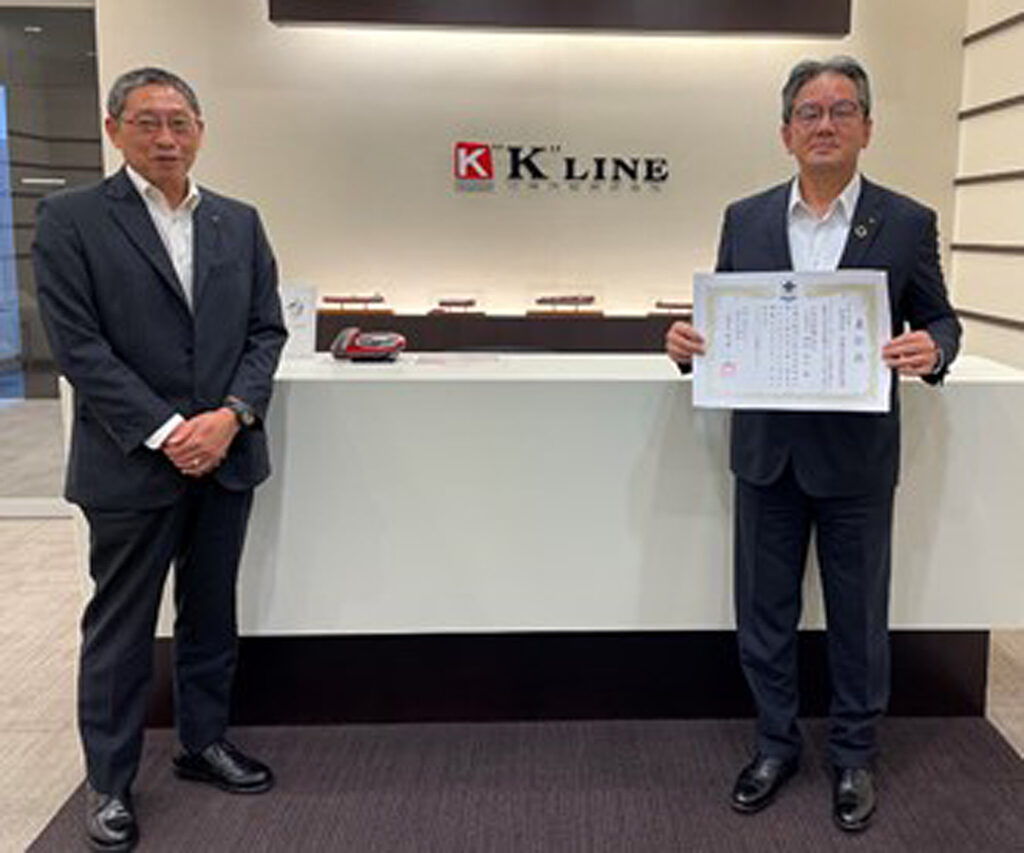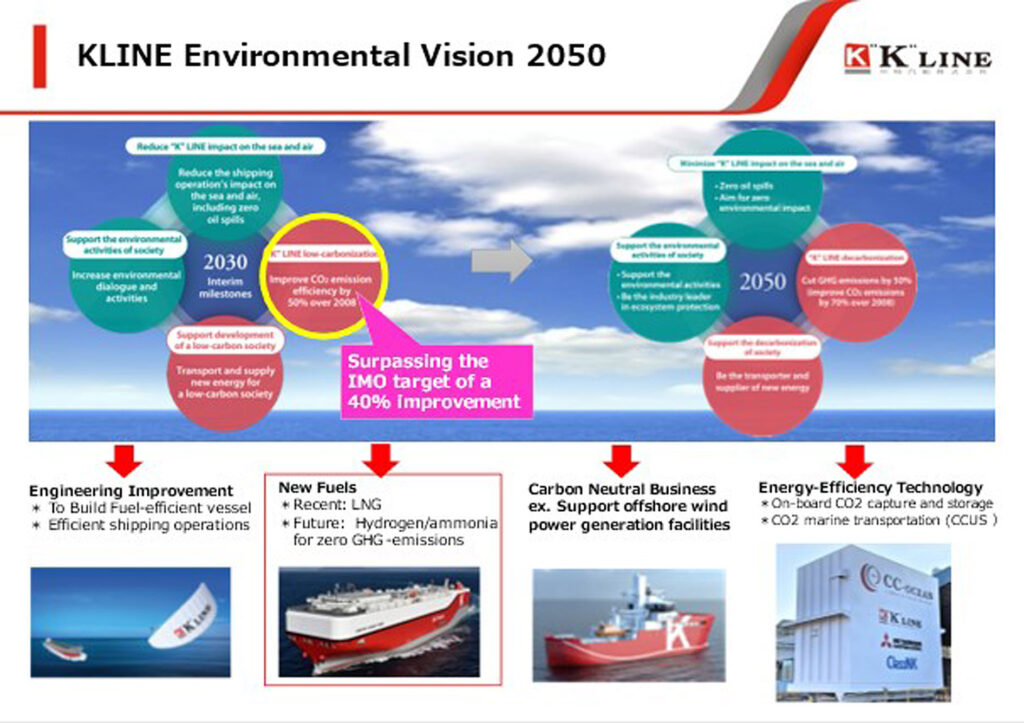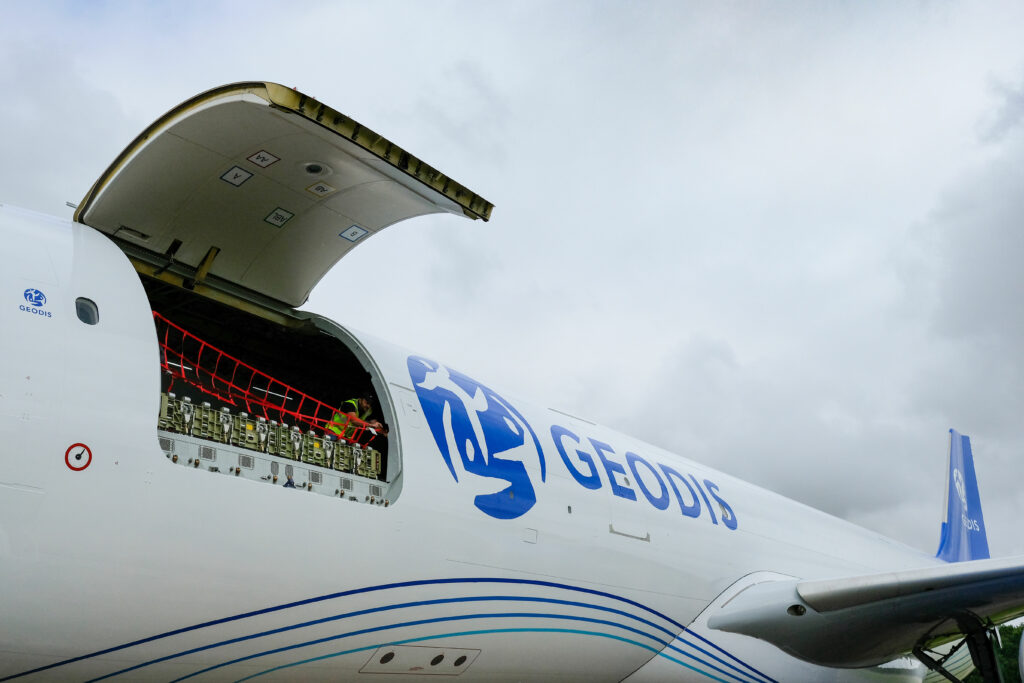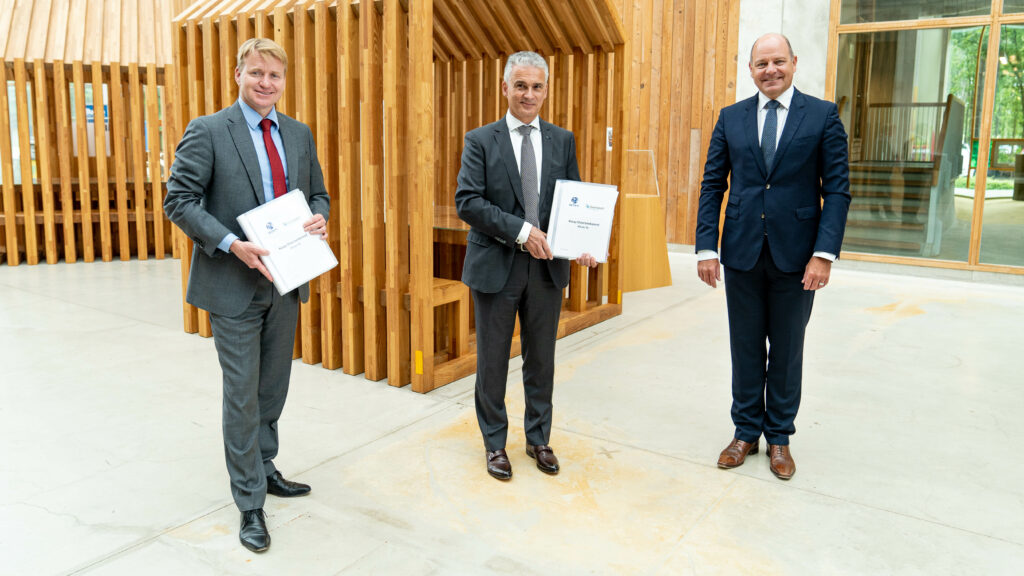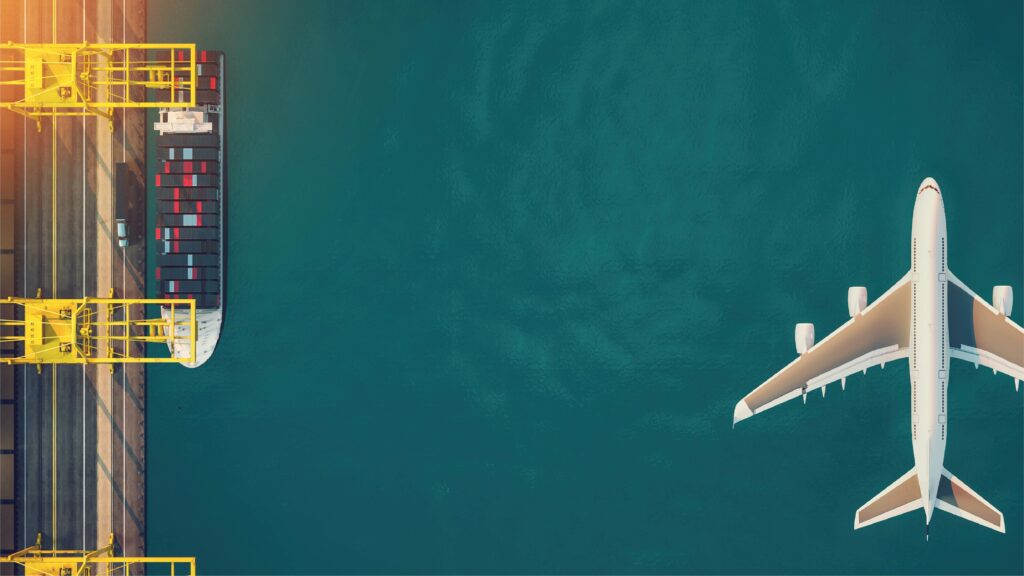As part of a dedicated range of e-Commerce services, GEODIS now offers a complete product returns management service. Thanks to GEODIS, retailers and e-merchants will be able to benefit from an end-to-end technological and logistical solution covering the entire value chain, from order orchestration to product returns management, available throughout Europe.
In response to the growing popularity of online shopping and a substantial increase in product returns, GEODIS has developed an integrated range of reverse logistics services that combine the power of digital technology with its international transport network and its expertise in logistics (managing 8.7 million m2 of warehousing space worldwide). This turnkey GEODIS solution is designed to relieve retailers and e-retailers of the operational management of product returns. It includes the declaration of consumer returns, product collection and identification, and delivery of the items back into stock.
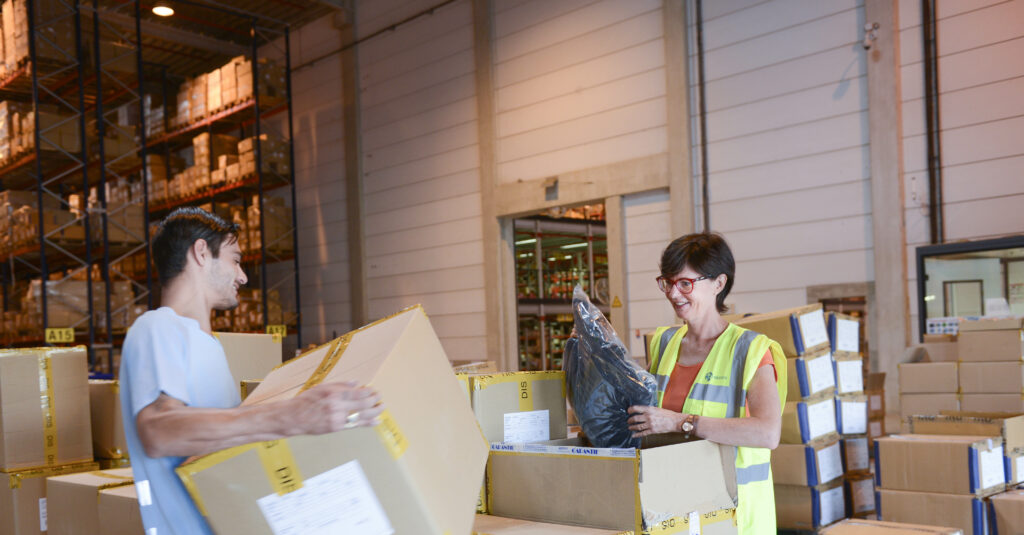
For the digital aspects of this solution, GEODIS has selected the innovative French start-up ShopRunBack, which operates in over 100 countries. It will provide retailers and e-merchants with its white-label returns management platform, which can be accessed from all merchant sites. Using this platform, the consumer selects the product to be returned and the reason for the return and chooses the method of pick-up. The package can be collected at the consumer’s home or left at a drop-off point. GEODIS services are responsible for collecting products and transporting them to the warehouse, as well as the entire process of control, sorting, repackaging for dispatch and where appropriate recycling, according to the principles of the circular economy. All these logistics operations are prescribed in accordance with the return policy defined beforehand. Both retailers and consumers can track the progress of the return request and the status of the refund in real time.
For merchants connected to such e-Commerce platforms as Shopify, Woocommerce, Wizishop or Prestashop, among others, the digital platform can be integrated instantly.
Ashwani Nath, Vice President e-Commerce at GEODIS, said: “Following the success of the range of GEODIS eLogistics solutions dedicated to the customer experience from order management through to delivery, we wanted to work on the after-sales experience, which is a crucial element in customer satisfaction. We are now offering an integrated end-to-end technological and eLogistics solution that has no equivalent on the market.”
Eddy Richauvet, CEO of ShopRunBack said: “It is an honor for us to have been selected by GEODIS to support them in returns management as part of their global e-Commerce strategy. This decision recognizes ShopRunBack’s expertise in reverse logistics and demonstrates the maturity of our technology, which our merchants have been using for over 7 years.”
GEODIS – www.geodis.com
GEODIS is a top-rated, global supply chain operator recognized for its commitment to helping clients overcome their logistical constraints. GEODIS’ growth-focused offerings (Supply Chain Optimization, Freight Forwarding, Contract Logistics, Distribution & Express, and Road Transport) coupled with the company’s truly global reach thanks to a global network spanning nearly 170 countries, translates in top business rankings, #1 in France, #6 in Europe and #7 worldwide. In 2020, GEODIS accounted for over 41,000 employees globally and generated €8.4 billion in sales.
SHOPRUNBACK – www.shoprunback.com
SHOPRUNBACK is a pioneering platform for optimizing and facilitating the e-Commerce returns process. Ever since its launch in 2014, SHOPRUNBACK has changed how brands and retailers manage returns by introducing a unique technology solution to connect all levels of the value chain for returns, making the reporting process easy for consumers by applying it to an omnichannel strategy in response to the growing challenges of reverse logistics.








